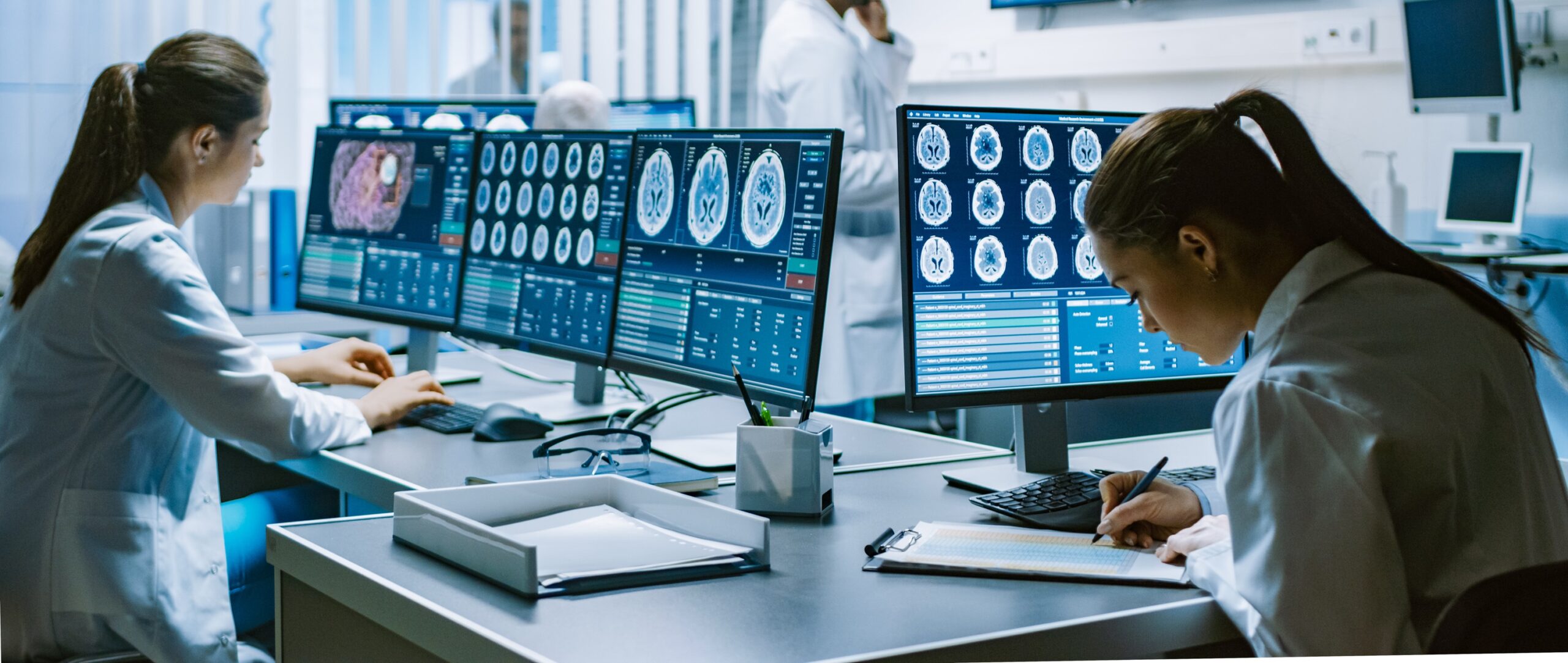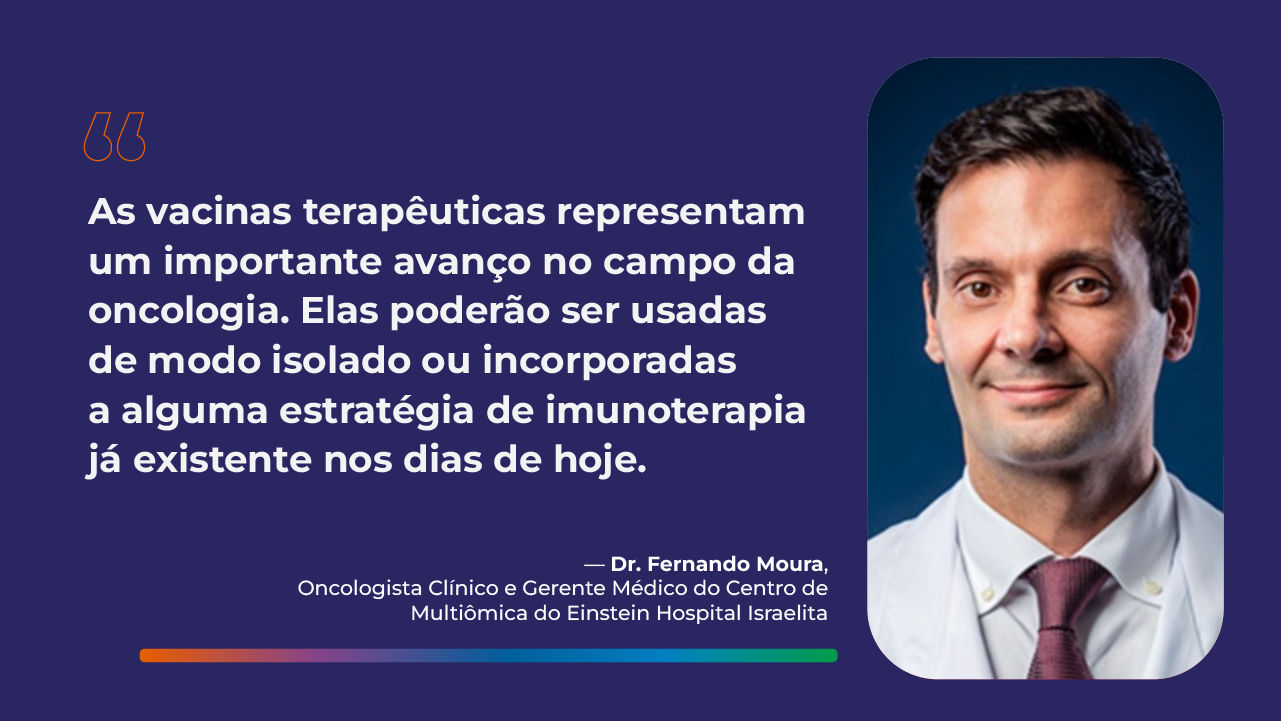Hospital innovation in practice: discover how Einstein, a leader in Newsweek rankings, connects quality, efficiency, and sustainability
15/09/2025
Innovation is now one of the main competitive differentiators for hospitals seeking sustainability, efficiency, and quality of care. The WHO indicates that 1 in 10 patients suffers some kind of harm during care and that more than 50% of these events are preventable when processes and technologies are properly implemented. The organization also projects a shortage of around 4.5 million nurses by 2030. In this scenario, innovation driven by data, safety, and patient experience becomes a consistent path toward sustainable clinical and operational outcomes.
Einstein, ranked first in Brazil and Latin America in seven specialties according to the latest Newsweek ranking (Gastroenterology, Oncology, Neurosurgery, Gynecology & Obstetrics, Orthopedics, Pulmonology, and Endocrinology), has consolidated innovation as part of its care and operational strategy, achieving consistent results in reducing average length of stay, increasing bed availability, and lowering staff overtime through new technologies.
This vision is explained by Claudia Laselva, Director of Hospital Services and Care Practices at Einstein Hospital Israelita. For her, innovation should not be understood as an isolated project, but as a process integrated into daily operations, built in partnership with those who experience challenges on the ground.
“At Einstein, innovation has been incorporated through a solid partnership between care management and the innovation area. There is a dedicated structure to support both the development of professionals and the identification of potential solutions to the main challenges. This process works both ways: care areas, which deal with day-to-day issues, spark innovation, while innovation itself also brings provocations and new perspectives. This dialogue is essential for concrete progress to happen,” says Claudia.
This dynamic translates into co-creation environments, where different areas come together to build solutions collaboratively. The Nursethon is one example: it brings together nurses, IT professionals, innovation teams, and clinical engineering to design practical alternatives that increase efficiency and reduce the workload of care teams.
Cases that Generate Measurable Impact
Claudia highlights initiatives already implemented at Einstein that demonstrate how well-structured innovation creates value for patients, professionals, and the institution itself.
Digital Flowmeter
To automate records, a digital flowmeter was developed, eliminating manual entries, reducing the workload of nursing and physical therapy teams, improving the accuracy of medical records, and strengthening the billing process. The tool, created by Salvus — a startup invested by Eretz.bio — also identifies waste, such as leaks, by signaling unusual consumption patterns.
Operational Command Center (CCO)
Einstein redefined the traditional hospital command center model by creating an Operational Command Center (CCO) that integrates all areas involved in the patient flow under unified management. With the support of artificial intelligence and predictive models, the results were significant: a 20% reduction in average length of stay, more than 180 additional beds made available without new construction, and an estimated financial benefit of R$1.6 billion in 2018.
CMOA and Virtual Nursing
The Care Monitoring Center (CMOA) captures real-time data from medical records, turning them into AI algorithms that generate alerts for care teams. The evolution of this model with virtual nursing added a remote support team that works alongside frontline staff. In just one year, the results included reduced mortality, lower care costs, and fewer unnecessary or delayed ICU transfers, with statistical significance.
Escala – Predictive Management of Occupancy and Staffing
Escala, an internally developed solution, uses artificial intelligence to predict hospital occupancy and support more flexible staff scheduling. Beyond monthly definitions, the system allows daily adjustments based on patient volume, dependency levels, and staff availability. This model was further strengthened by hiring hourly professionals to complement monthly staff, resulting in an 80% to 90% reduction in overtime as soon as it was implemented.
Innovation as a Pillar of Hospital Sustainability
For Claudia, innovation strengthens hospital sustainability in two complementary ways. The first is improving patient safety, which reduces adverse events — each of which can triple hospital stay and costs. The second is operational efficiency, achieved through initiatives that eliminate waste, optimize resources, and improve workflows.
Thus, innovation is not just about technology: it is strategy. It is the path to reducing costs, improving clinical outcomes, and protecting institutional reputation.
Challenges of innovating at scale
Scaling innovation requires overcoming barriers that go beyond technology. These include the need for strategic vision from senior leadership, building an organizational culture open to innovation, financial investment, and the willingness to take risks in care environments.
For Claudia, the path is clear: innovate responsibly, create solid governance, invest in training, and maintain a focus on risk mitigation protocols. Only then can results be scaled safely.
The Value of Partnerships with Healthtechs
Einstein also recognizes the potential of opening up to the external ecosystem. According to Claudia, healthtechs bring speed, focus, and technology, while the hospital provides mentorship and a validation environment. This exchange, when well structured, creates a win-win relationship that strengthens both innovators and implementers.
This is where Eretz.bio plays a key role as a catalyst, connecting hospitals, startups, and companies in structured, safe, and results-oriented innovation journeys. Learn more by clicking here.



